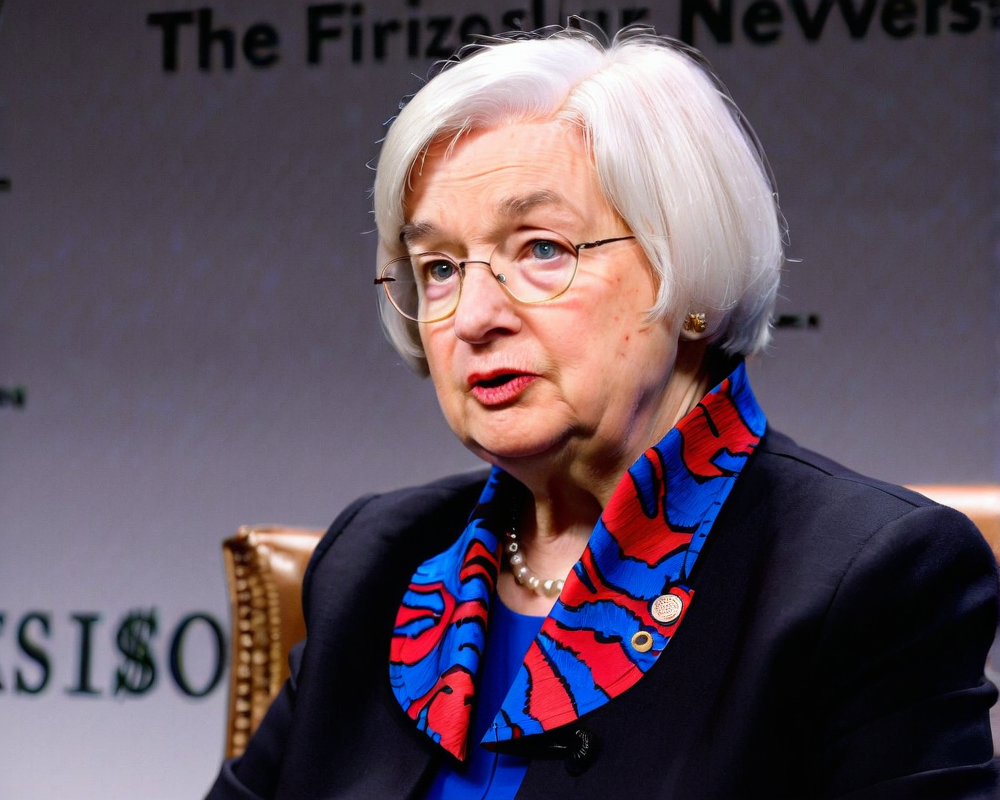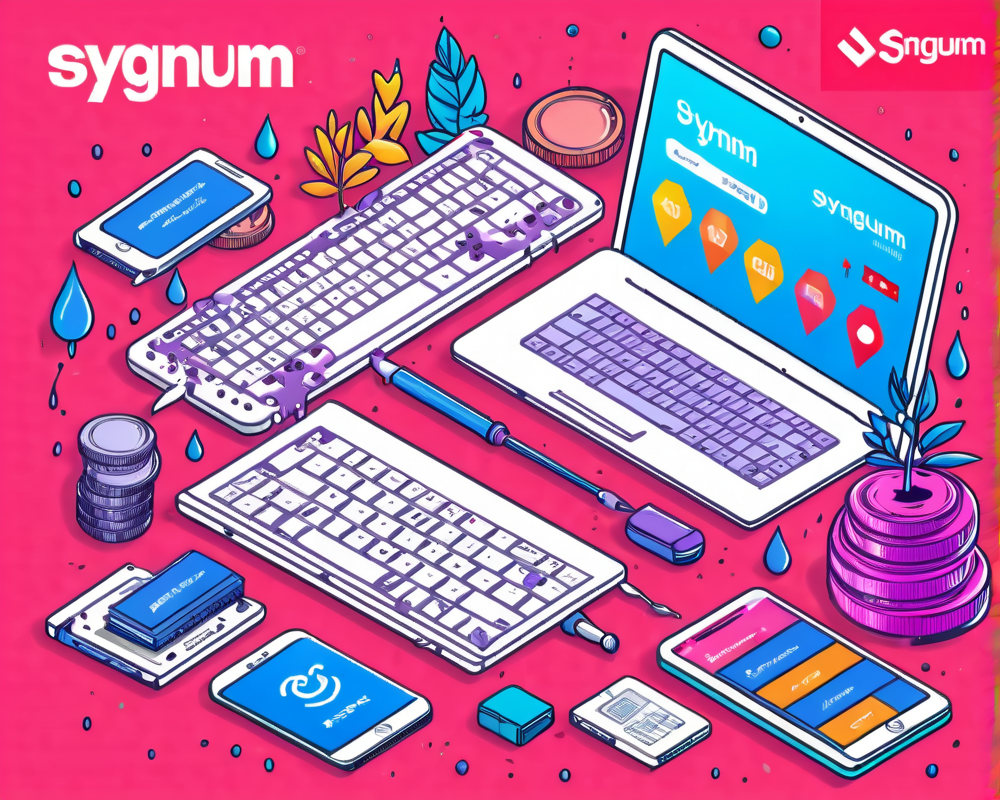Digging Deep into RSK’s Vision
Henry Sraigman, the South-East Asia Regional Director of RSK, shared some enlightening insights at the Asia 2019 Blockshow held in Singapore. RSK, created in 2015, aims to establish the first smart contracts platform secured by Bitcoin. What’s intriguing is that Bitcoin miners have the potential to mine simultaneously on the RSK network, utilizing the same infrastructure. It’s like mining in two worlds at once—who wouldn’t want to have their cake and eat it too?
The Asian Landscape: A New Frontier
Traveling across Asia has become a pursuit for RSK in search of opportunities, especially in mining hubs like China, Korea, and Singapore. “We are scouting for tax benefits and favorable energy rates,” Sraigman humorously noted. It’s like visiting a buffet where you need to make sure the food (or, in this case, the incentives) is just right for the project to thrive. The quest is aligned with establishing partnerships within the mining communities while enhancing Bitcoin’s value across the board.
Strategic Alliances and Ecosystem Building
Why venture into a new market? Sraigman explained that after building a robust ecosystem in Latin America, the natural progression was to expand globally. Southeast Asia is an agile market rife with innovative payment systems and neobanking solutions. “It’s super interesting,” he remarked, diving into the robust regulations that facilitate tech adoption. Sounds like a technology playground, doesn’t it?
Investment Fund Launch: New Money Afloat
This year marked an exciting chapter, as RSK unveiled a global investment fund based in San Francisco. Designed to attract innovative blockchain projects like moths to a flame, the fund seeks ground-breaking tech in wallets, DeFi, and infrastructure. Sraigman extended an invitation to ventures that might just disrupt the norm. Think of it as searching for the next unicorn in a world full of horses.
Taringa!: A Bold Step Forward
With the recent acquisition of Taringa!, IOV Labs is gearing up to leverage its vast user base of 30 million. As CEO Diego Gutiérrez Zaldivar noted, this opportunity could be pivotal in adopting decentralized governance. Imagine integrating peer-to-peer token exchanges on this platform; it would be a game changer. Taringa! isn’t just another social network; it’s the first stepping stone toward a broader adoption of decentralized services. “We plan to develop consumer products for these communities,” Zaldivar emphasized, envisioning a future where freedom of expression and data privacy walk hand in hand.




